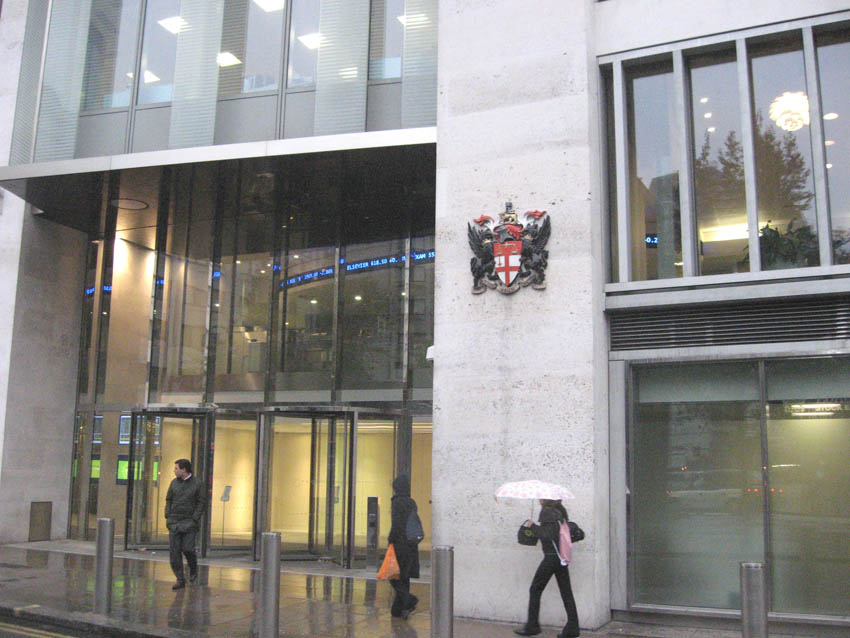STOCK indexes were recovering some ground yesterday after the huge record falls on Thursday.
‘There is a sense of fear and panic,’ said James Tao, an analyst at stockbroker Commsec in Sydney. ‘It’s one of those situations where there is so much uncertainty that no-one quite knows how to respond.
‘If it’s fight or flight, many people are choosing flight at the moment,’ he added.
Friday’s moves follow steep losses in the US and Europe on Thursday, which gathered pace after US President Donald Trump spooked investors when he restricted travel from Europe, and the European Central Bank (ECB) disappointed markets by holding back on rate cuts.
Benchmark indexes on Wall Street and in the City of London saw their steepest daily falls since so-called Black Monday in 1987. In France and Germany, indexes lost more than 12%.
Share markets across the Asia-Pacific region, including Japan, Australia and India, have experienced major swings.
It came after the Dow and S&P 500 in the US saw their biggest one-day declines since 1987.
On Friday, the UK’s Financial Conduct Authority (FCA) prohibited short selling of a raft of shares in Italian and Spanish firms, after a request from authorities in those countries for the action, which is designed to protect that list of companies.
The prohibition on short selling came after major falls in Italian and Spanish indexes on Thursday.
Short selling is speculation that the price of a stock will go down, and if there are more short sellers than buyers, the price will be pushed down. Firms on the list included football clubs Lazio and Juventus, as well as luxury car manufacturer Ferrari.
Australia’s benchmark ASX 200 saw its biggest trading swing on record as it reversed a loss of 8.1% to end the day 4.4% higher.
Trading in India’s Nifty 50 stock index was halted for 45 minutes on Friday morning after it fell 10% and hit a ‘circuit-breaker’ and bounced back into positive territory once trading resumed.
Those declines came despite actions by the Federal Reserve and ECB to support the market.
